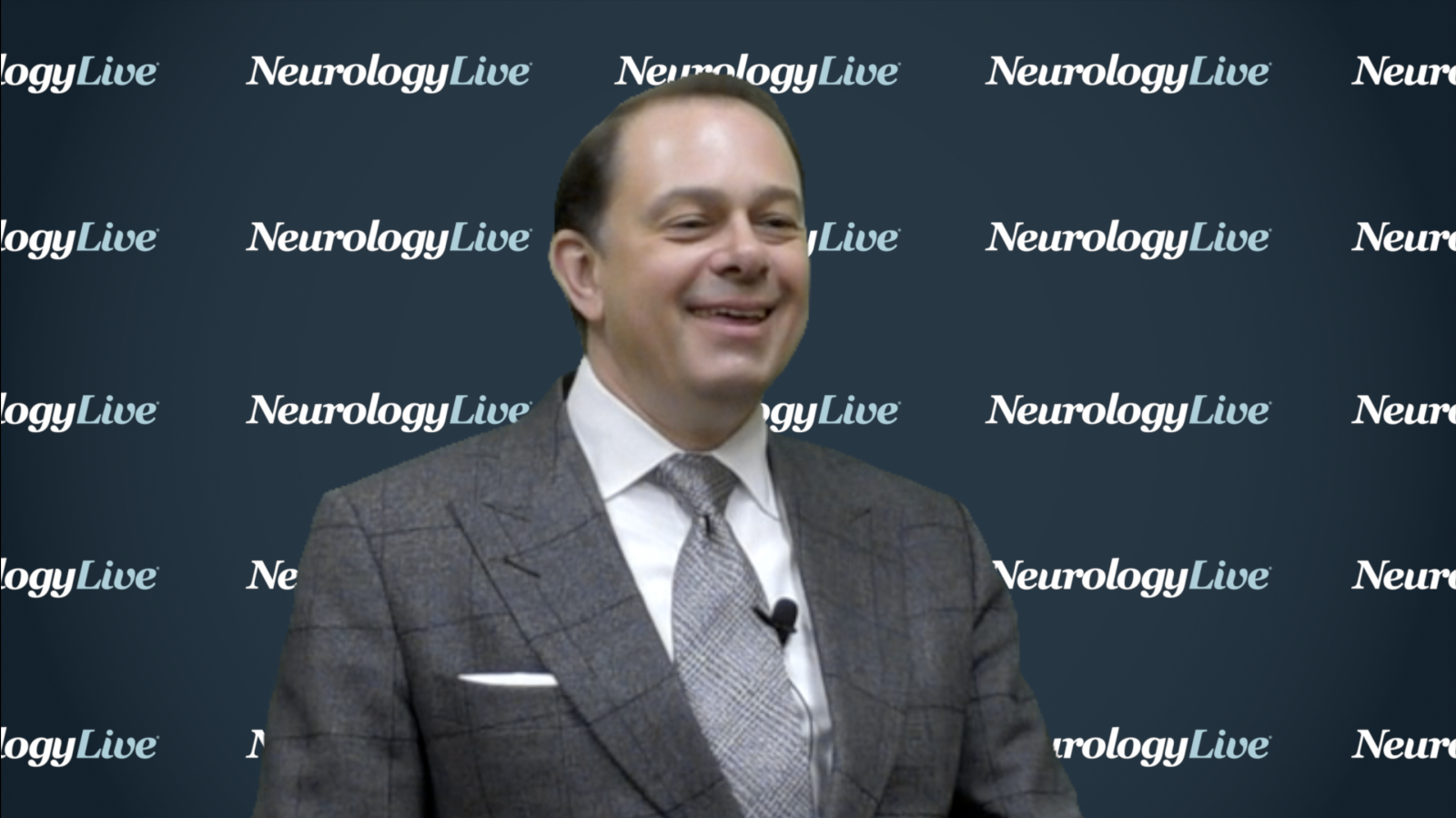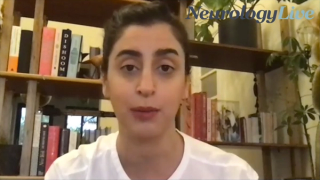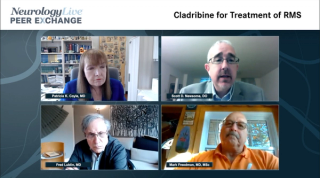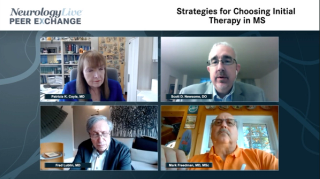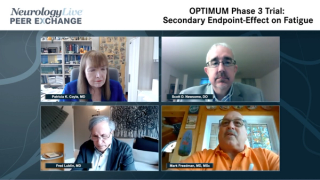
MS and Demyelinating Disorders
Latest News
Latest Videos

CME Content
More News

The senior vice president for research at the Kessler Foundation discussed the need for physicians to keep cognitive problems on their mind when treating patients with multiple sclerosis, and the importance of using objective assessments.

The guidelines recommend that patients with MS receive their recommended vaccines, including that for yearly influenza. Additionally, they noted that no evidence exists that suggests vaccination increases the risk of MS exacerbation.
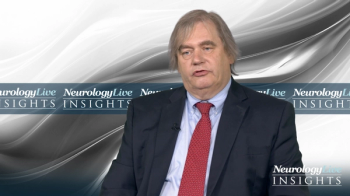
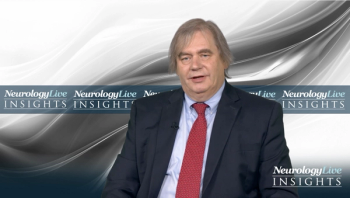

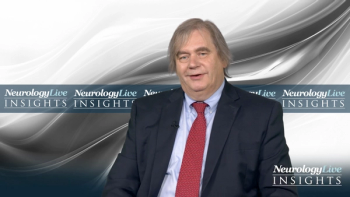
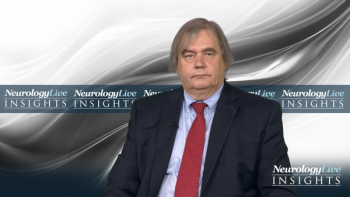







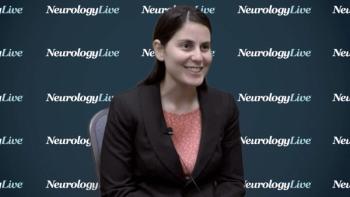
The child neurology resident at NYU Langone spoke about ways for residents to identify and address impaired colleagues that suffer from depression and burnout.

The professor of neurology at the Icahn School of Medicine at Mount Sinai discussed what still needs to be done to clarify medical marijuana’s position in medicine.

The associate chief of the MS division and professor of neurology at the University of Pennsylvania described the relationship between artificial intelligence and medicine, and how he sees it evolving in the future.
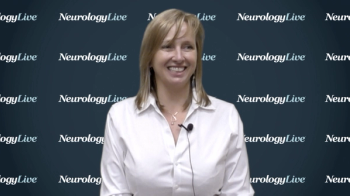
The regional lead in clinical and translational neuroscience at Kaiser Permanente discussed subgroup findings from a study of pregnancy in women with MS which suggested that breastfeeding in the postpartum period can drastically decrease the risk of disease relapse.
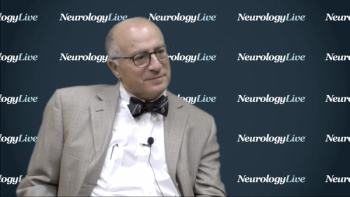
The associate chief of the MS division and professor of neurology at Penn Medicine described the ongoing relationship between artificial intelligence and neurologists, and how it may evolve in the future.
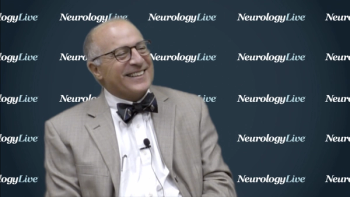
The associate chief of the MS division and professor of neurology at Penn Medicine spoke to neurologist’s reliance on physical examination, and how the use of almost-rudimentary but longstanding tools allow for critical 1-on-1 time with the patient.

Although the biomarker was associated with disease activity, its prognostic value on the individual patient level is still limited per these 10-year data of more than 600 patients with multiple sclerosis.

The early career fellow in the Center for Health Equity at the Melbourne School of Population and Global Health at the University of Melbourne offered insight into the critical need for research and efforts to increase smoking cessation in those with multiple sclerosis.

The director of multiple sclerosis neuropsychiatry at Brigham and Women’s Hospital discussed how a collaborative approach can help to address mental health disorders in patients with multiple sclerosis.

Dysphagia is a common symptom and complication of neurologic disorders, yet no clear treatment protocol has been identified.
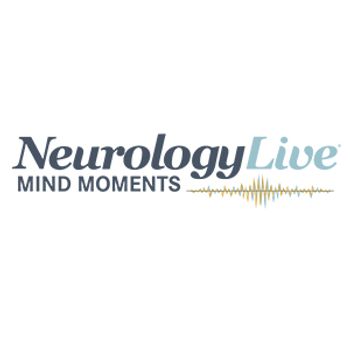
Mind Moments® a podcast from NeurologyLive®, brings you exclusive interviews with experts in neurologic disorders.



